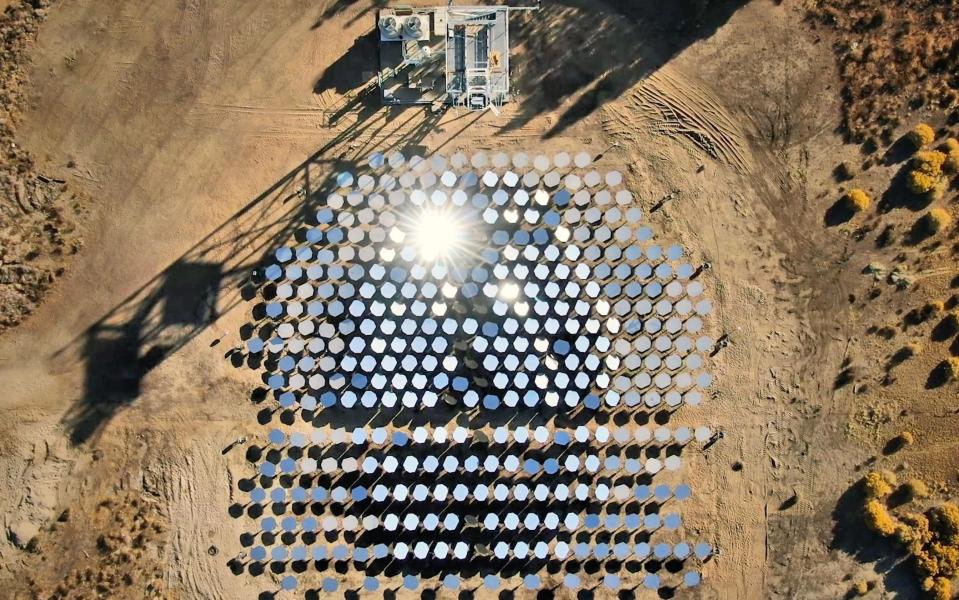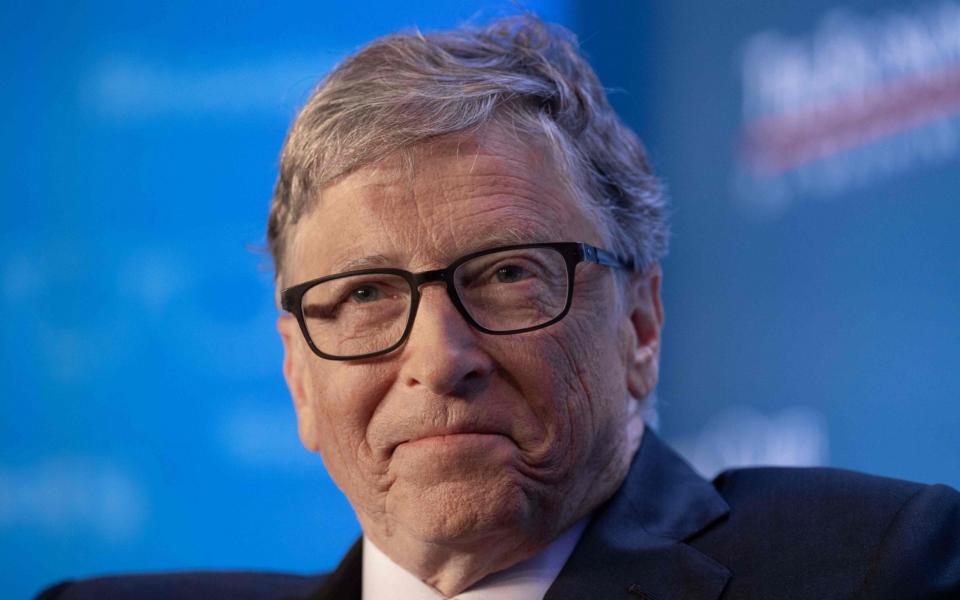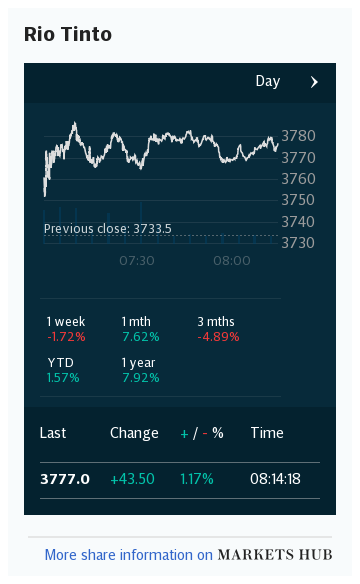Bill Gates-backed solar start-up to power Rio Tinto mines

A renewable energy start-up backed by Bill Gates has been picked by one of the world’s biggest mining companies to help slash carbon emissions from its operations.
California-based Heliogen uses thousands of small, computer-controlled mirrors to harness energy from the sun to generate carbon-free power and heat.
Rio Tinto has signed a memorandum of understanding with Heliogen to use its technology at its borates mine in Boron, California, as a first step towards potentially rolling it out in operations around the world.
It is the first announced customer for Heliogen, giving the company another major boost after it won the backing of one of the world’s richest men in November 2019.
Like other companies, Rio Tinto is under pressure from investors and politicians to cut down its carbon emissions and is spending $1bn [£728m] by 2025 to help slash them 15pc by 2030.

Unlike widely used photovoltaic solar panels which generate electricity directly from sunlight, concentrated solar power (CSP) uses mirrors or lenses to concentrate radiation from the sun onto a single point.
The heat from that concentration is used to generate steam, which drives a steam turbine to produce electricity.
The International Energy Agency says the technology will be needed to help the world limit global warming. Israel, China, South Africa and Kuwait added the most capacity in 2019 and growth is expected to come mostly from emerging economies.
It is best suited to hot, dry climates, potentially limiting its application around the world. Photovoltaic panels have become more widely used partly because their costs fell faster.
In contrast to other concentrated solar power technology, Heliogen's uses powerful computers to constantly adjust the mirrors to make sure they are precisely aligned, delivering far higher concentrations of sunlight.
This helps it generate much greater temperatures, up to 1,500 degrees C, meaning it can also provide heat which can be used for industrial processes and is harder to decarbonise than power. Heat for industrial processes accounted for 14pc of Rio's emissions in 2020.

Rio Tinto’s Boron mine currently uses gas-fired plants and boilers to generate steam, and said Heliogen's technology would be used alongside this to potentially cut carbon emissions at the Boron site by around 7pc.
Heliogen was founded by its chief executive, solar energy specialist Bill Gross.
As well as Bill Gates, its backers include the entrepreneur, surgeon and Los Angeles Times owner Patrick Soon-Shiong, and former AOL boss Steve Case.
Mr Gross said: “We’re excited to take this important step as we pursue Heliogen’s goal of avoiding more than one gigaton of CO2 emissions – three percent of the world’s annual total – from the global economy by turning sunlight into an industrial energy source.”

 Yahoo Finance
Yahoo Finance 